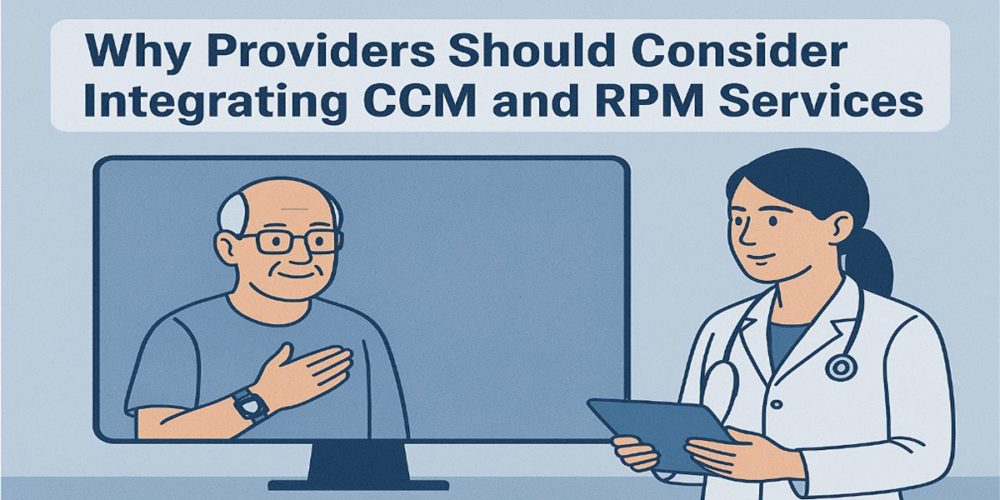Aging is a natural process, but it often brings with it an increased likelihood of chronic conditions like diabetes, hypertension, arthritis, and heart disease. For people over 65, these conditions can significantly affect their quality of life, leading to complications if not managed properly. This is where Chronic Care Management (CCM) becomes a lifeline, offering comprehensive support to navigate the complexities of healthcare in later years.

Coordinated Care for Complex Needs
Many older individuals face challenges with juggling multiple medications, attending doctor appointments, and keeping track of their health metrics. CCM provides a structured, team-based approach to care coordination. It ensures that all healthcare providers involved—primary care physicians, specialists, and allied health professionals—work together seamlessly. This reduces the chances of conflicting treatments and ensures that the patient’s overall health is the priority.
Proactive Monitoring to Prevent Complications
CCM programs emphasize continuous monitoring, which helps detect potential issues before they escalate. For instance, routine follow-ups and Remote Patient Monitoring (RPM) can identify fluctuations in blood sugar or blood pressure, enabling timely interventions that prevent hospitalizations.

Improved Health Outcomes
Research has shown that individuals enrolled in CCM programs experience better health outcomes. These include fewer emergency visits, reduced hospital readmissions, and improved management of chronic illnesses. The structured care plan also helps people above 65 maintain their independence longer by ensuring they receive the right support at the right time.
Personalized Support for Enhanced Quality of Life
Beyond clinical benefits, CCM provides a human touch. It offers them regular contact with healthcare professionals who understand their unique needs. This not only improves adherence to treatment plans but also provides emotional support, which is essential for holistic health.

Financial Benefits for Patients and Families
Unmanaged chronic conditions can lead to costly medical interventions. By focusing on prevention and ongoing management, CCM can reduce out-of-pocket expenses for the patients and their families. Medicare’s coverage for CCM further minimizes financial barriers, making it accessible to many.
Conclusion
For those over 65, Chronic Care Management is more than just a program—it’s a pathway to healthier aging. By addressing the complexities of managing chronic conditions, CCM enhances both longevity and quality of life, empowering them to enjoy their golden years with dignity and vitality.
Investing in CCM is not just a medical necessity; it’s a compassionate step toward ensuring that older citizens receive the care and attention they deserve.



